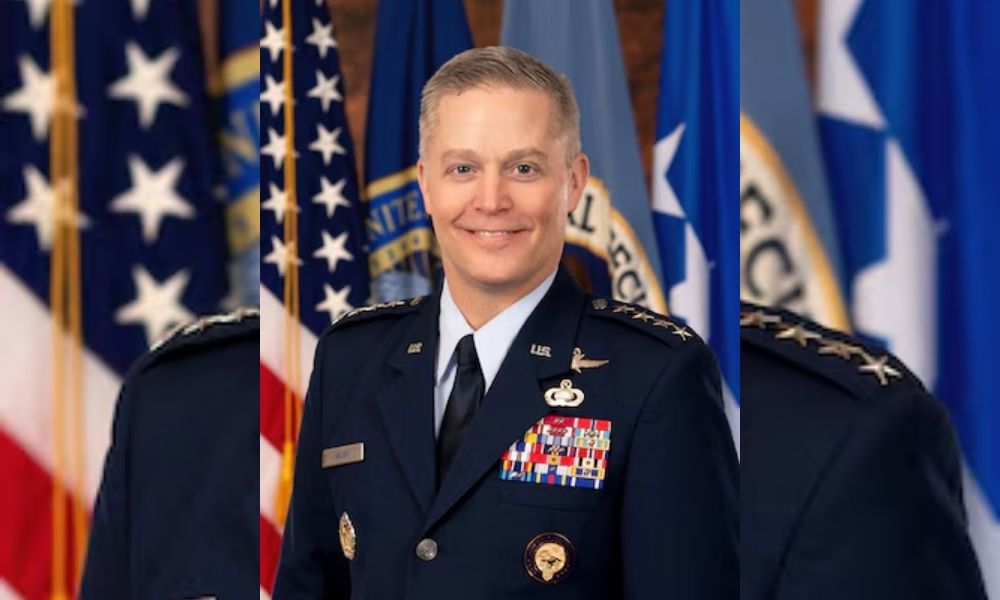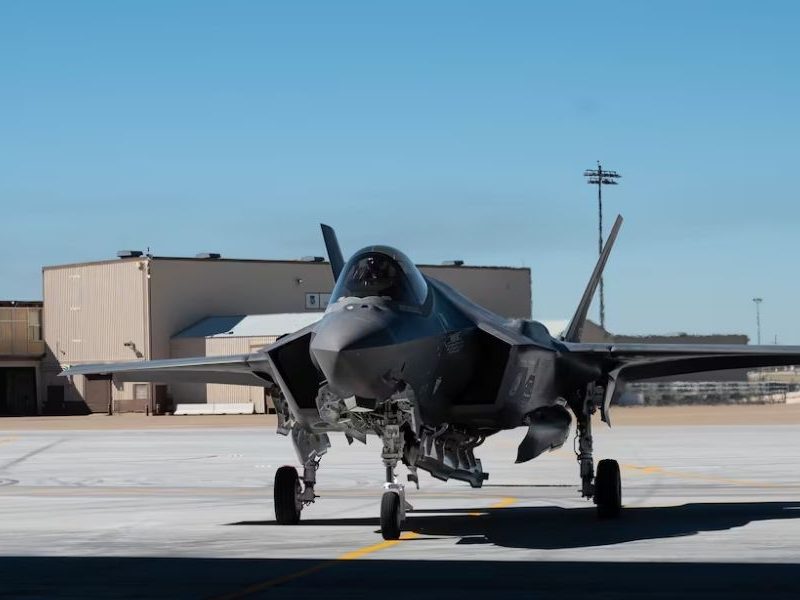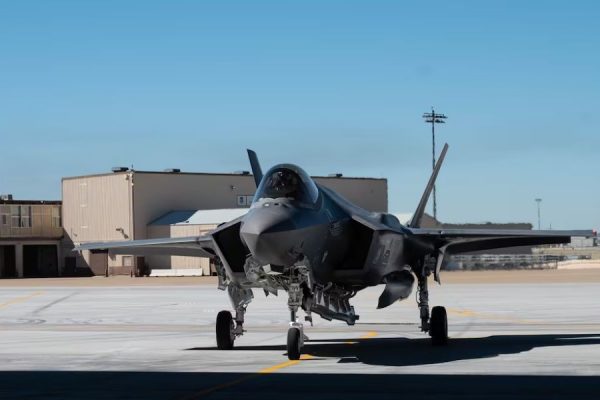WASHINGTON: The Trump administration has dismissed NSA Director Gen. Timothy Haugh and his deputy, Wendy Noble. Haugh also led US Cyber Command. Their removal marks a major shift in national security leadership. Senate and House intelligence committee members confirmed the decision. The administration has not provided an official reason for their dismissal.
Interagency Concerns
Sen. Mark Warner and Rep. Jim Himes, both top Democrats, criticized the firings. They expressed concern about instability within intelligence agencies. Lt. Gen. William Hartman will serve as acting NSA and Cyber Command chief. Cyber Command and the NSA have declined to comment on the situation. The Office of the Secretary of Defense was unavailable for immediate response.
Possible Political Pressure
Recent White House dismissals add to concerns over political loyalty tests. The firings followed a National Security Council staff purge. Far-right activist Laura Loomer reportedly urged Trump to remove disloyal officials. It remains unclear if the NSA firings are connected to these events. Some defense officials fear being dismissed for lacking loyalty to Trump.
Cybersecurity Implications
The NSA plays a critical role in global intelligence and cybersecurity. Cyber Command protects U.S. elections from foreign interference. It disrupted a Russian troll farm during the 2018 midterms. The unit also countered Iranian hacking attempts in 2020. Experts warn these leadership changes could weaken national security efforts.
Recent NSA Activities
Haugh recently hosted Elon Musk at NSA and Cyber Command headquarters. Musk leads the Department of Government Efficiency in the Trump administration. Haugh was not involved in a controversial Signal chat incident. That chat involved Defense Secretary Pete Hegseth and top military officials. Officials unknowingly discussed classified information with a journalist present.
Security Experts React
Renée Burton, a cybersecurity expert and former NSA official, called the firings “alarming.” She warned that leadership disruption could increase national security risks. Burton stressed the complexity of the NSA’s intelligence mission. Finding qualified replacements for Haugh and Noble will be challenging. The leadership change raises concerns about intelligence stability.
Military Leadership Purge
In February, Trump abruptly dismissed top military leaders. The chairman of the Joint Chiefs was removed without prior notice. The Navy chief and Air Force vice chief were also fired. These actions reflected the administration’s aggressive personnel changes. The trend raises questions about the politicization of military leadership.
Future of Cyber Command
The Trump administration’s decisions could reshape cyber defense policies. Experts worry about potential gaps in leadership and strategy. A stable intelligence framework is essential for national security. Political interference in cybersecurity operations could have serious consequences.
Congressional Reactions
Some Republicans support Trump’s authority to make leadership changes. Democrats argue these dismissals undermine intelligence operations. The situation could lead to congressional investigations. National security remains a key concern for policymakers.
What’s Next?
NSA and Cyber Command must adjust to sudden leadership changes. The intelligence community faces increasing foreign cyber threats. Experts call for strategic stability to maintain U.S. security. Trump’s administration continues to reshape national defense leadership. The long-term effects of these decisions remain uncertain.












